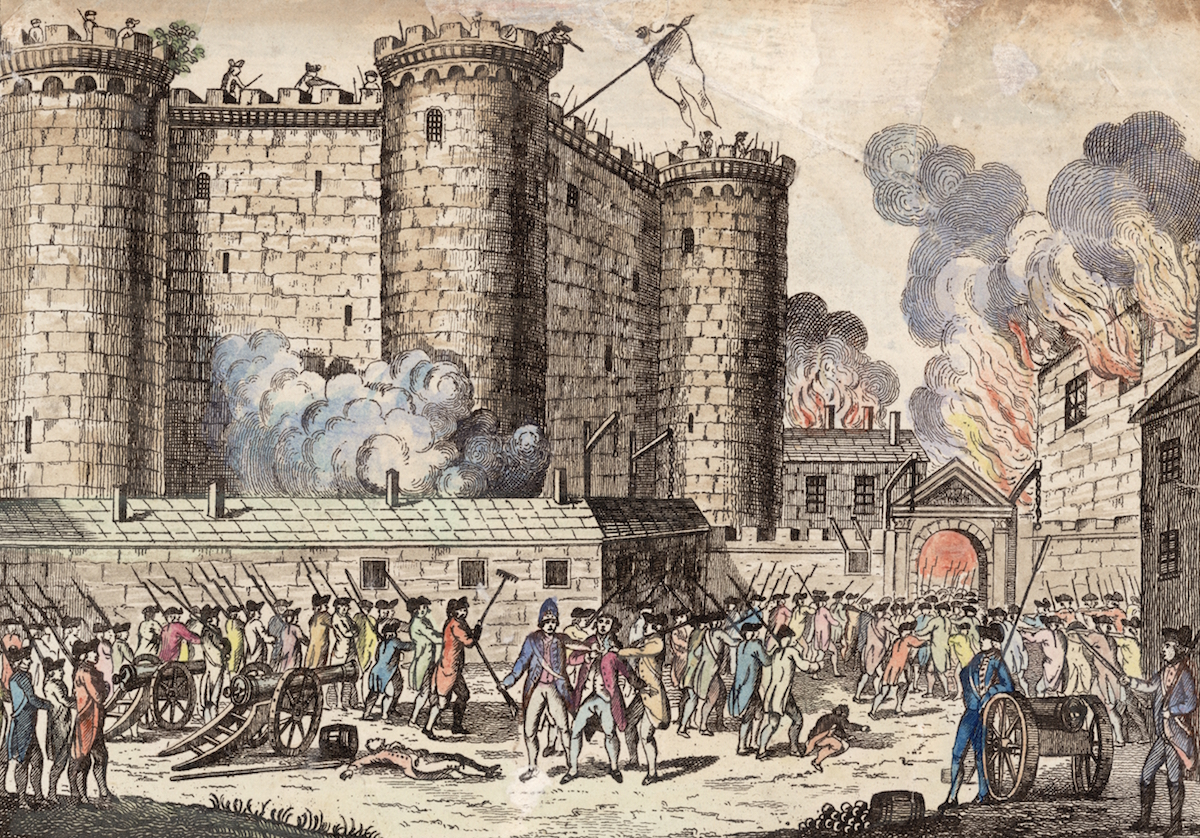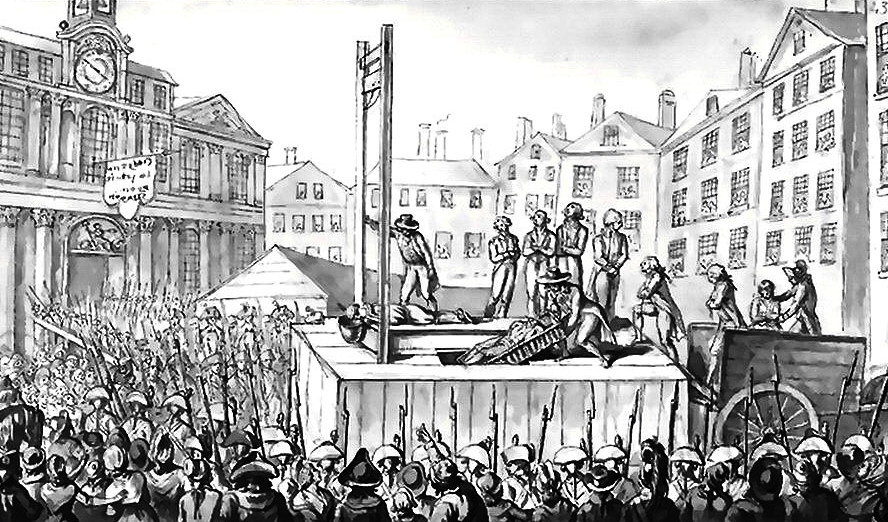French Revolution Class 9 Notes| Summary
THE FRENCH REVOLUTION
Beginning of the revolt
The Bastille was a prison in Paris, France. It was destroyed during the French Revolution, on 14 July 1789. It was attacked by rebels from the third estate. This was the beginning of the Revolution.
Causes of the Revolution
*Social Causes:-
i) There was a federal system consisting of three estates. Members of the first and the second estate were exempted from paying taxes.
ii) Only the third estate people had to pay taxes.
*Economic Causes:-
i) Increased taxes.
ii) Greater demand for food grains.
*Political Causes:-
i) Declaration of National Assembly.
ii) Wate of money by Louis XVI and his queen, Marie Antoinette.
iii) High posts were often sold.
iv) The whole administration was corrupt.
Consequences of the War
i) France abolished the monarchy and became a constitutional Monarchy.
ii) The richer members of the third estate benefitted the most.
iii) Poor sections and women were disappointed with the outcome.
Role of Philosophers in the Revolution
Philosophers like Jhon Locke, Jean Jacques Rousseau, and Montesquieu put forward the idea of a society based on freedom and equal laws.
*Author Books
i) Jhon Locke Two treaties of government. ( Refute the doctrine of the divine)
ii) Montesquieu The spirit of the laws. ( Division of power ).
iii) Russeau The social contract.
The Outbreak of the Revolution
i) Louis XVI increased taxes because of empty treasure.
ii) But due to this, third estate people started the revolt.
ii) The people of the third estate formed a national assembly.
France Becomes Constitutional Monarchy
i) The National Assembly completed the draft of the constitution in 1791.
ii) Constitution began with the declaration of the rights of Man and Citizen.
iii) The society gets divided into two types of citizens:
* Active Citizens: Entitled to vote.
* Passive Citizens: No voting rights.
Poor people, women, and children consisted of Passive citizens.
iv) Many clubs were formed because the poor sections of the society didn't benefit from the revolution.
v) The most successful club formed was the Jacobin club, whose leader was Maximillian Robespierre. The Jacobin club consisted of many people from less prosperous sections of society.
vii) On the morning of August 10, they stormed the Palace of Tuileries. Elections were held, from now on all men above 21 got the right to vote.
France abolishes Monarchy and became Republic
i) On 21 September 1792, France became Republic.
ii) Robespierre became president.
iii) Louis XVI was sentenced to death, by the court, on the charge of treason.
The Regin of Terror
i) The period from 1793 to 1794 is known as the reign of terror.
ii) All those who don't agree with Robespierre were arrested, imprisoned, and tried by a revolutionary tribunal. If the court found them guilty, they were guillotined.
iii) "Guillotine" is a device consisting of two poles and a blade, with which a person is beheaded.
iv) Some laws introduced by Robespierre:-
* Meat and bread were rationed.
* Use of more expensive white flour was forbidden.
* Citizens were required to eat "equality bread".
* French men and women were called "citoyen" and "citoyonne" respectively.
* Churches were shut down, and their buildings converted into barracks or offices.
* Government set maximum prices for selling anything.
Directory Rule in France
i) A new constitution was introduced, which denied the vote to non-propertied sections of society.
ii) It provided two legislative councils.
iii) There was a directory, and an executive made up of 5 members.
iv) Directors often clashed with legislative councils.
v) The political instability paved the way for rising of Napoleon.
Rise of Napoleon
i) Napoleon Bonaparte crowned himself as emperor of France, 1804.
ii) Napoleon saw his role as a modernizer of Europe.
iii) He introduced many laws:-
* Protection of private property.
* Uniform system of weights and measures.
iv) Many people saw Napoleon as a liberator but he was defeated at Waterloo, in 1815.
v) After napoleon left, ideas of Liberty and Equality were still in Europe.





Comments
Post a Comment
Thank you for your comment.